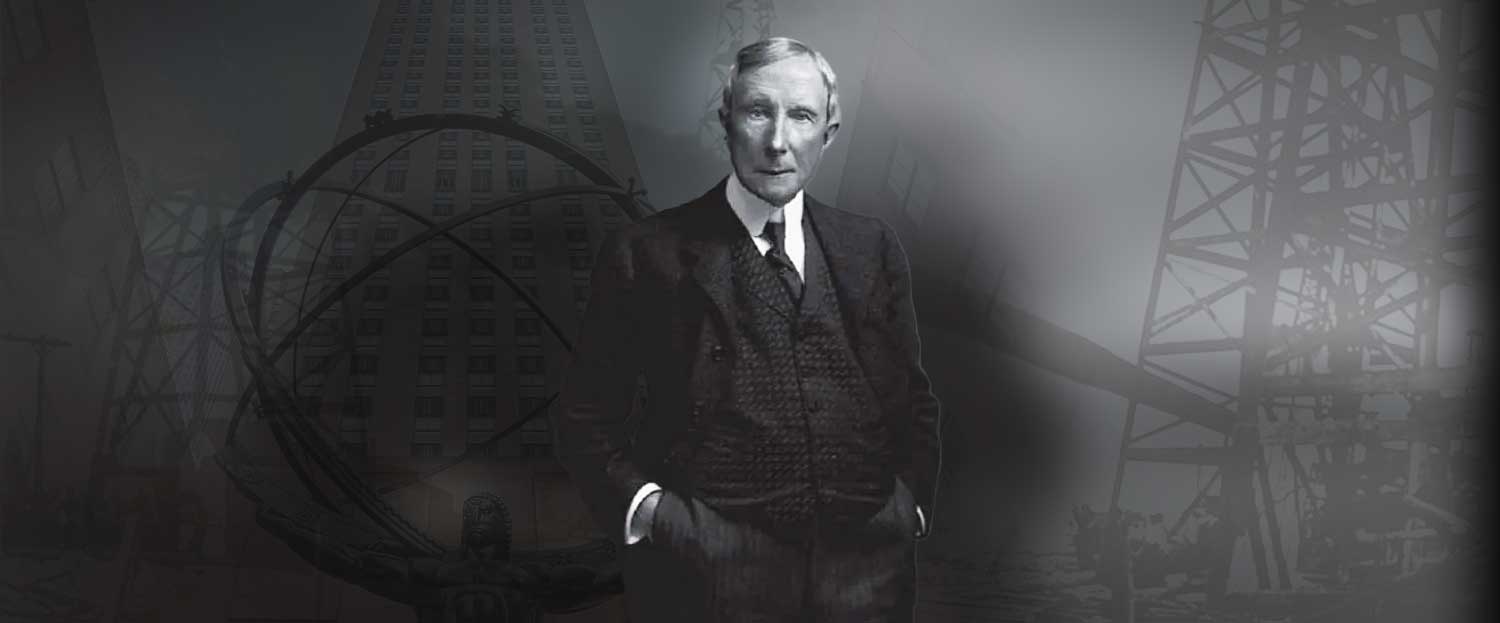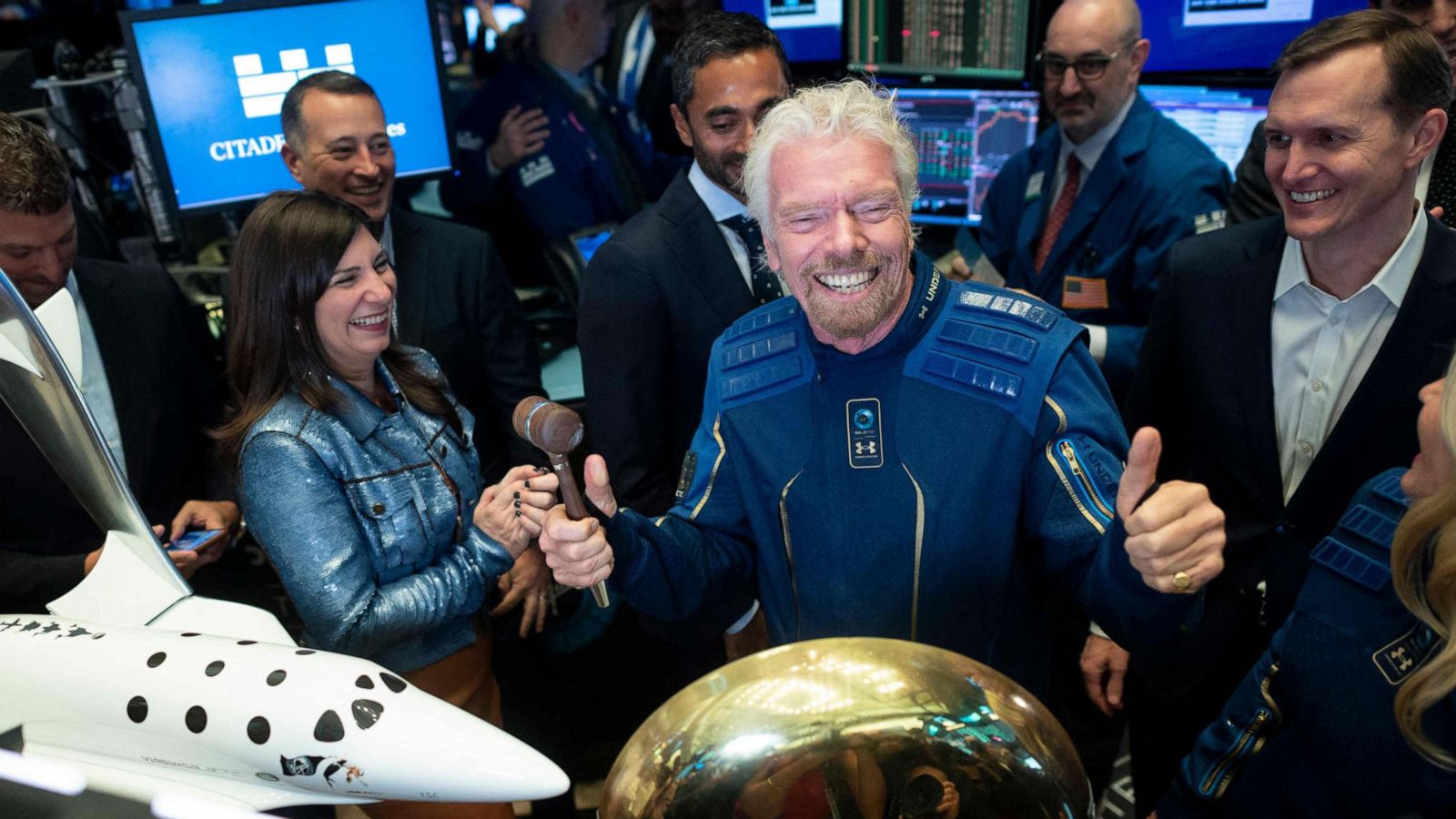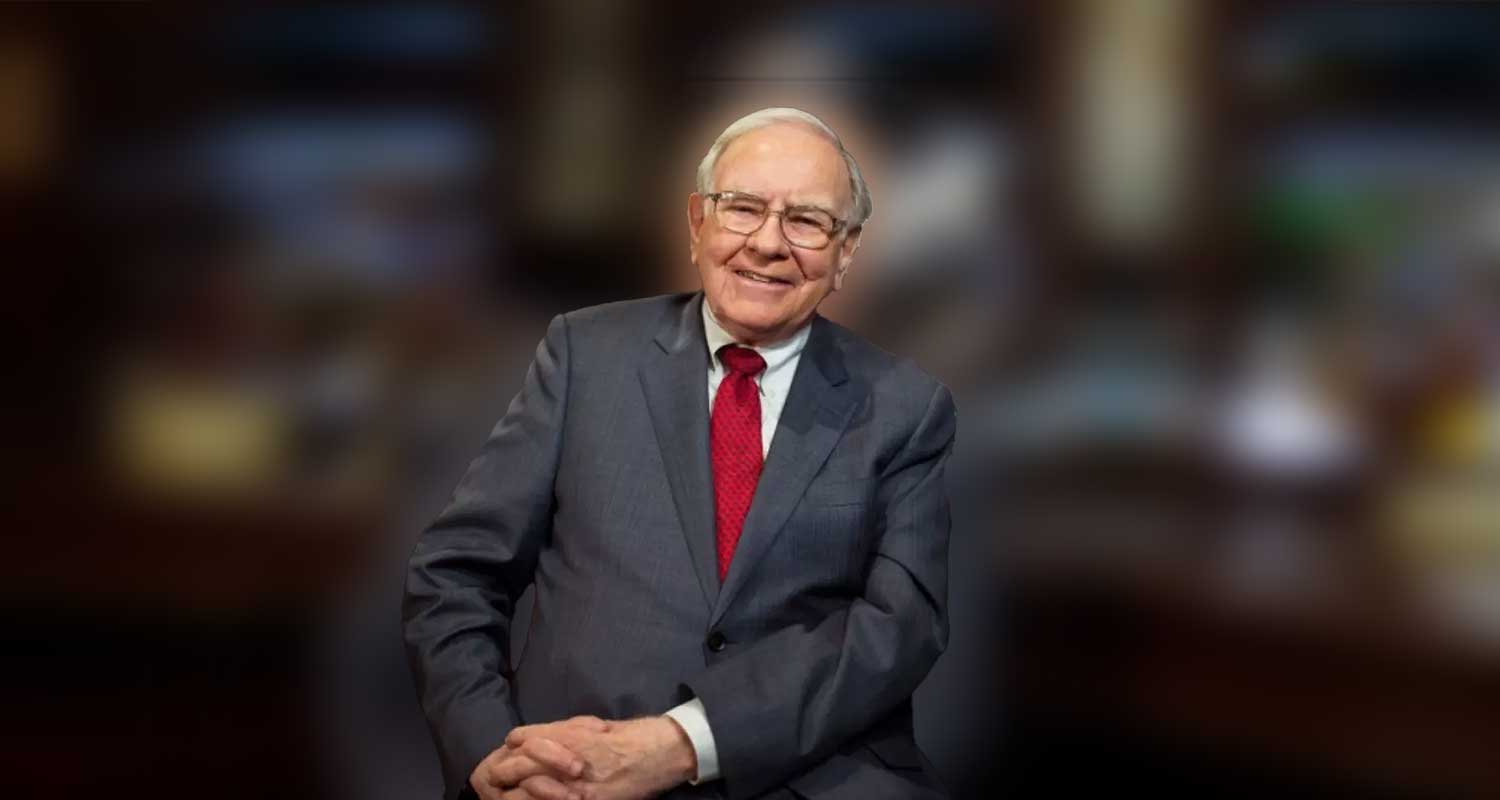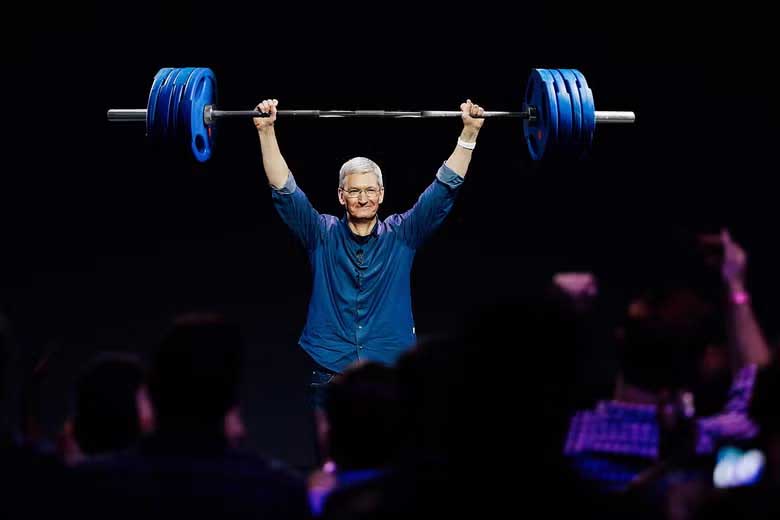As the founder of Standard Oil, John D. Rockefeller became one of the wealthiest, most influential figures in modern history.
But his story is more than just dollars and cents; it’s a testament to the power of uncompromising vision, relentless drive, and a belief that success is built, not handed over.
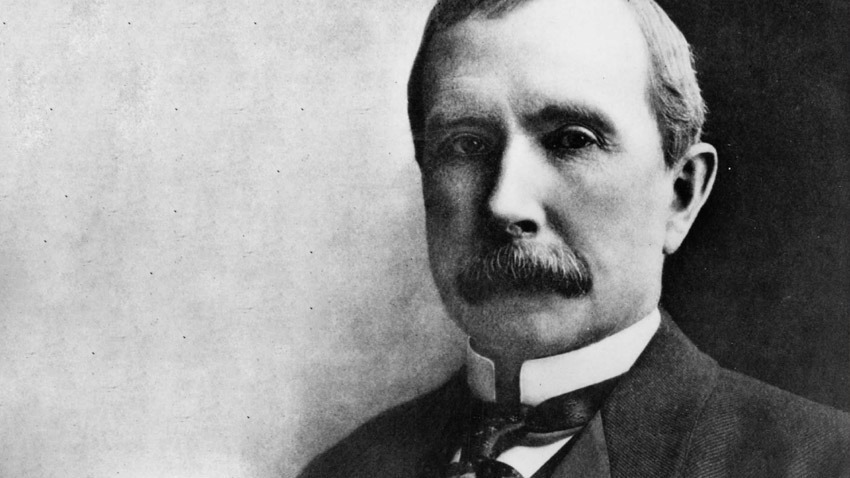
Early Life: Born to Hustle
Born: July 8, 1839, Richford, New York
Died: May 23, 1937, Ormond Beach, Florida
John D. Rockefeller wasn’t born into wealth. He had to create it. Raised by a traveling salesman father and a fiercely dedicated mother, Rockefeller’s childhood was shaped by hard work and frugality. He started making money at an early age, loaning his small earnings at interest and quickly understanding that every dollar could become ten with the right mindset.
This hustler mentality followed him into adulthood. After starting his career as a bookkeeper at just 16, he seized the opportunities that came with America’s industrial boom. His entrance into the oil business in the 1860s was no accident—it was pure strategy. Rockefeller saw chaos, disorganization, and inefficiency in the oil fields of Pennsylvania, and he knew exactly how to fix it.
The Rise of Standard Oil: Efficiency or Nothing
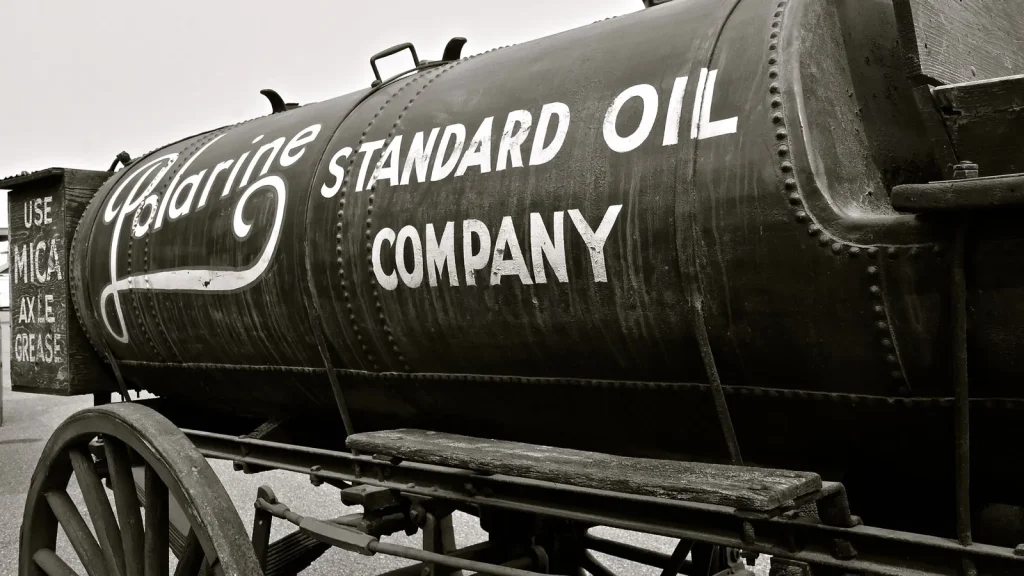
Founded: 1870
In 1870, John D. Rockefeller co-founded Standard Oil, and from day one, he wasn’t interested in simply competing—he wanted control. His revolutionary strategy of horizontal integration—buying out competitors to consolidate power—transformed the oil industry. By doing what others wouldn’t or couldn’t, Rockefeller made Standard Oil the dominant player, controlling over 90% of U.S. oil refining by the 1880s.
He didn’t just manage the business; he mastered it. His approach wasn’t just to refine oil; it was to own the entire supply chain. He controlled the extraction, refining, transportation, and distribution of oil, ensuring every dollar flowed through his empire.
John D. Rockefeller’s obsession with efficiency and relentless growth made him both admired and feared. He negotiated secret deals with railroads to cut costs and outpaced his competitors at every turn. While his business practices were controversial (Read more on John D. Rockefeller’s business strategies and their impact), they undeniably laid the foundation for what we now consider modern corporate dominance.
The Supreme Court and the Breakup of a Giant
Rockefeller’s success wasn’t without its challenges. By 1911, his empire had grown so large that the U.S. Supreme Court intervened, ruling that Standard Oil violated antitrust laws. The company was broken into 34 smaller entities, but rather than sinking Rockefeller, it made him even richer. Companies like ExxonMobil and Chevron, which emerged from the split, are still among the largest in the world today.
For entrepreneurs, the lesson is clear: even in defeat, a well-built empire endures. John D. Rockefeller’s ability to adapt, innovate, and seize opportunities meant his wealth only grew as the market evolved.
Philanthropy: Leaving a Legacy
Success wasn’t enough for John D. Rockefeller—he wanted to leave a lasting legacy. After building his empire, he turned to philanthropy, becoming one of the most generous benefactors in modern history. His personal fortune peaked at $900 million (equivalent to over $300 billion today), but he gave away over half of it to causes he believed could change the world.
Through the Rockefeller Foundation and initiatives like the University of Chicago and advances in public health, he attacked societal problems with the same intensity that built his empire. Diseases were eradicated, schools were founded, and modern medicine advanced because John D. Rockefeller never saw his wealth as the finish line—it was a starting point for even greater impact.
And what drove him? His own words:
“The secret of success is to do the common thing uncommonly well.”
(Explore John D. Rockefeller’s philanthropic mindset in depth)

Key Stats and Lessons
- Net Worth: Peaked at $900 million (1913), over $300 billion today.
- Standard Oil’s Market Share: Controlled more than 90% of U.S. oil refining at its height.
- Philanthropy: Gave over $500 million to educational and public health causes.
- Corporate Legacy: Standard Oil’s breakup created companies like ExxonMobil and Chevron, which dominate global energy markets today.
For modern founders, John D. Rockefeller’s story is a reminder that success comes from relentless focus. From mastering logistics to reinvesting in society, his journey illustrates how big thinking and bold action can create wealth that spans generations.
Takeaway for Founders
John D. Rockefeller’s life isn’t just a historical tale—it’s a roadmap for entrepreneurs today. From his razor-sharp focus on efficiency to his innovative approach to business expansion, Rockefeller refused to settle. His ability to turn obstacles into opportunities, scale at unprecedented levels, and give back on a massive scale continues to inspire.
The core lesson? Create systems, master your market, and think big. Even when the world pushes back (like it did with Standard Oil’s breakup), if you’ve built your business on strategy and vision, you’ll emerge stronger.
Want to know more about the tactics that fueled Rockefeller’s rise? Dive into the key strategies that made Rockefeller unstoppable.
Disclaimer
This blog is for educational and inspirational purposes only. While the information presented is based on historical records, the insights provided should not be considered financial or business advice. Entrepreneurs and business leaders are encouraged to consult professionals when applying business strategies or making significant financial decisions.
Conclusion
John D. Rockefeller’s empire wasn’t built overnight. It was the result of a relentless focus on efficiency, strategy, and vision. For today’s founders, his life stands as proof that no matter the industry or era, greatness is a product of unwavering ambition. His legacy continues to shape how businesses are built, scaled, and sustained. Will yours?

